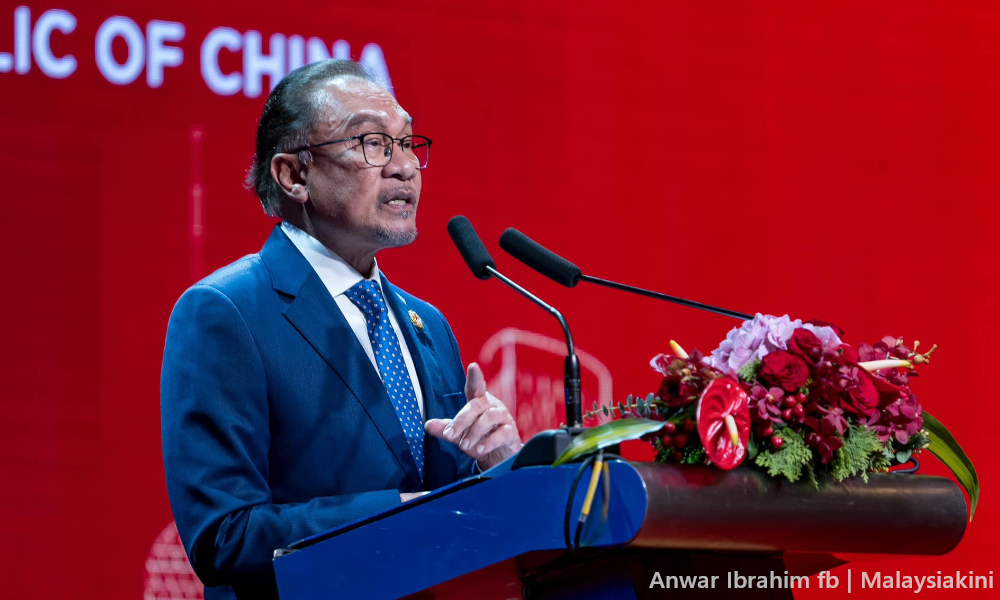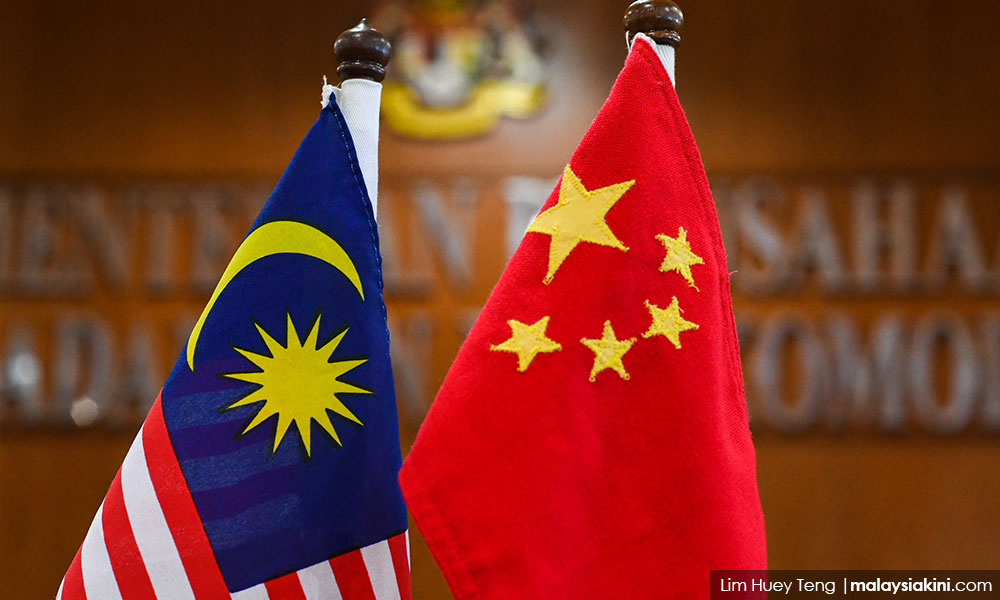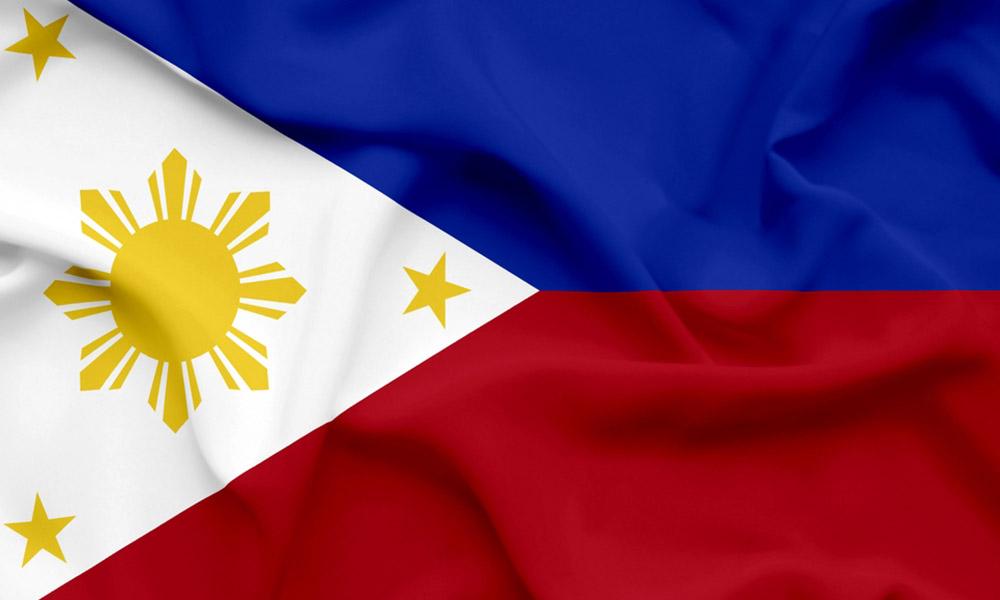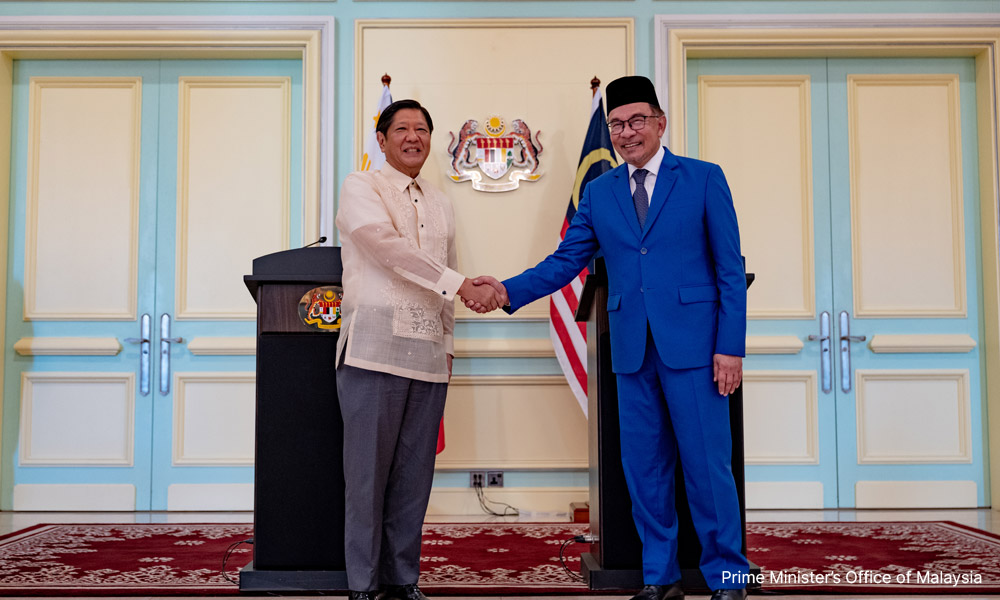In late August, a Chinese diplomatic letter leaked by a Philippine news outlet sparked unprecedented outrage among Malaysian netizens, who began to question the government’s low-profile approach to the South China Sea dispute.
Malaysian netizens urged Putrajaya to adopt a more assertive stance against China, a sentiment that quickly gained traction on social media.
Since Malaysia joined the competition for land features, maritime zones, and resources in the South China Sea, it has maintained a notably low profile compared to other Asean claimants like Vietnam and the Philippines, who frequently use international platforms and media to publicise and sensationalise their claims.
Some scholars and analysts have praised Malaysia’s low-profile policy, arguing that it has allowed the country to navigate the complexities of the South China Sea dispute, the most ever complicated overlapping maritime and sovereignty claims in the world.
In contrast, Vietnam and the Philippines, with their more outspoken approaches, have faced significant setbacks. Vietnam, for instance, suffered two maritime defeats against China, while the Philippines endured humiliation in the recent Sabina Shoal incident.
Leaked letter
The leaked letter revealed that the Chinese government was displeased with Malaysian oil exploration activities in disputed areas of the South China Sea, urging Putrajaya to cease its alleged violations of Chinese sovereignty and stop extracting oil and gas resources.

To date, it remains unclear how this classified bilateral diplomatic letter between Malaysia and China found its way to a Philippine news outlet, especially given the ongoing maritime tensions between Manila and Beijing in the South China Sea.
While the leaked letter provided insight into China’s position, the news report that followed was equally revealing, as it highlighted the message Manila wanted Malaysia to understand.
The title and content of the report, “Malaysia Gets Taste of China West Philippine Sea Bullying”, imply two key points. First, the Philippines took satisfaction in the fact that Malaysia’s low-profile approach had failed to shield it from diplomatic pressure from Beijing.
Second, the report encouraged Malaysia to reconsider its stance, hinting that the Philippines would support a shift away from this policy.
However, the timing and manner in which the Philippine media sensationalised the issue raises questions about their true intentions.
Protest note
It is worth noting that this is not the first time China has issued a diplomatic protest letter to Malaysia regarding the South China Sea.

On May 30, 1980, Malaysia’s Ambassador to China, Albert Sixtus Talalla, was summoned to the Chinese Foreign Ministry, where he received an aide-mémoire protesting Malaysia’s inclusion of maritime zones and features in the South China Sea in its December 1979 map.
This marked China’s first official diplomatic protest over the dispute with Malaysia, and since then, Putrajaya has received numerous similar notes.
Thus, the recent diplomatic protest letter is hardly groundbreaking; it is a routine manoeuvre by China to keep its claims alive, a practice mirrored by other claimants such as Malaysia, Vietnam, and the Philippines.
Dragging M’sia in
The real novelty lies in the fact that there appear to be efforts to drag Malaysia into the ongoing confrontation between China and the Philippines over the South China Sea.
Sealight, a US-based organisation, is one of the most active entities hyping up the South China Sea dispute and targeting China’s actions. Its director, Ray Powell, has become a prominent figure in international media, using his platform to intensify the narrative.
Sealight’s introduction states that it targets China’s actions in the South China Sea dispute, which I totally respect its rights.

However, the distinction between targeting China’s actions and being created specifically to target China’s negative behaviour is critical. The former implies an objective focus on both positive and negative behaviours, while the latter suggests that the organisation was designed solely to paint China in a negative light.
And on the question of where Sealight comes from, it says “SeaLight was started by a team of volunteers at Stanford University’s Gordian Knot Center (GKC) for National Security Innovation, which uses entrepreneurial methods to solve difficult defence and security challenges.”
Yes, the introduction has said nothing wrong, but just short of further details like where Stanford University’s Gordian Knot Center for National Security Innovation came from.
From the official website of GKC, it reveals that the GKC was led by Joe Felter, who is the former deputy assistant secretary of defence for South and Southeast Asia cum former US Army Special Forces, and funded by US Navy’s Office of Naval Research (ONR).
In the ONR’s press release, the Chief of Naval Research Lorin C Selby praised the GKC as “a metaphor for an intractable problem” which stemmed “from great power competition to non-state actor threats, as we reimagine what naval power looks like in the 21st century.
“We’re seeking new disruptive technologies, new operational concepts, and new types of program management and mindsets.
“The GKC aims to bridge silos across the Defence Department, industry and academia - and foster greater innovation by helping to develop and inspire the national security workforce”.
Stirring sentiments
Obviously, the GKC is part of US military war machines and specifically created to assist the US in fighting against China in a potential war. As Sealight is a subsidiary of the GKC, it is safe to argue that it is also a hub and spoke of the US war machines.

On the question of how Sealight draws Malaysia into the great game, Sealight has been increasingly drawing attention to the presence of Chinese vessels in Malaysian waters, particularly since the leak of the diplomatic letter.
Before this incident, Sealight only occasionally reported on encounters between Malaysian and Chinese vessels. However, from Aug 30 onwards - Sept 3, 6, 7, and 14 - there was a noticeable uptick in reports, with Sealight seemingly attempting to stir Malaysian sentiment, much as it had done with Filipinos.
It is also important to note that Sealight has consistently promoted Philippine narratives that run counter to Malaysian interests. For instance, Sealight has acted as a staunch defender of the 2016 Permanent Court of Arbitration’s South China Sea Award, which Malaysia neither acknowledges nor recognises.
The award reduces the entire features in the South China Sea to mere rocks, a designation that diminishes Malaysia’s Layang-Layang Island, and it endorses the Philippines’ unilateral claims to an exclusive economic zone in the South China Sea - both of which are problematic for Malaysia.
Moreover, Sealight selectively interprets the award. For example, it identifies the Philippines-occupied Thitu Island as an island, despite the award’s determination that all features in the South China Sea are classified as rocks.
Sealight also refers to the South China Sea as the “West Philippine Sea,” a term unilaterally adopted by the Philippines in 2012 through Administrative Order No 29, which incorporated the northeastern maritime zone of Sabah into its claims. This clearly infringes on Malaysia’s maritime rights.
Prudent policy shift
Malaysia’s low-profile, closed-door diplomatic approach may have its limitations, but it has thus far prevented the country from repeating the mistakes of Vietnam and the Philippines, avoiding entanglement in direct confrontation with a superpower like China or becoming enmeshed in US-China rivalry.
Furthermore, one should bear in mind that any policy shift should be carried out prudently, with Malaysia’s long-term interests in mind. Changing direction solely based on incitement from US-military-affiliated organisations like Sealight would be unwise.
In closing, it is worth pondering which policy approach is more effective.
In June, Prime Minister Anwar Ibrahim revealed that Philippine President Ferdinand Marcos Jr sought his advice on addressing Manila’s ongoing maritime confrontation with Beijing, not the other way around.
Anwar’s remarks may already provide a clear answer.
LAM CHOONG WAH is deputy head cum senior lecturer at the International and Strategic Studies Department, Faculty of Arts and Social Sciences, Universiti Malaya.
The views expressed here are those of the author/contributor and do not necessarily represent the views of Malaysiakini.



No comments:
Post a Comment
Note: Only a member of this blog may post a comment.